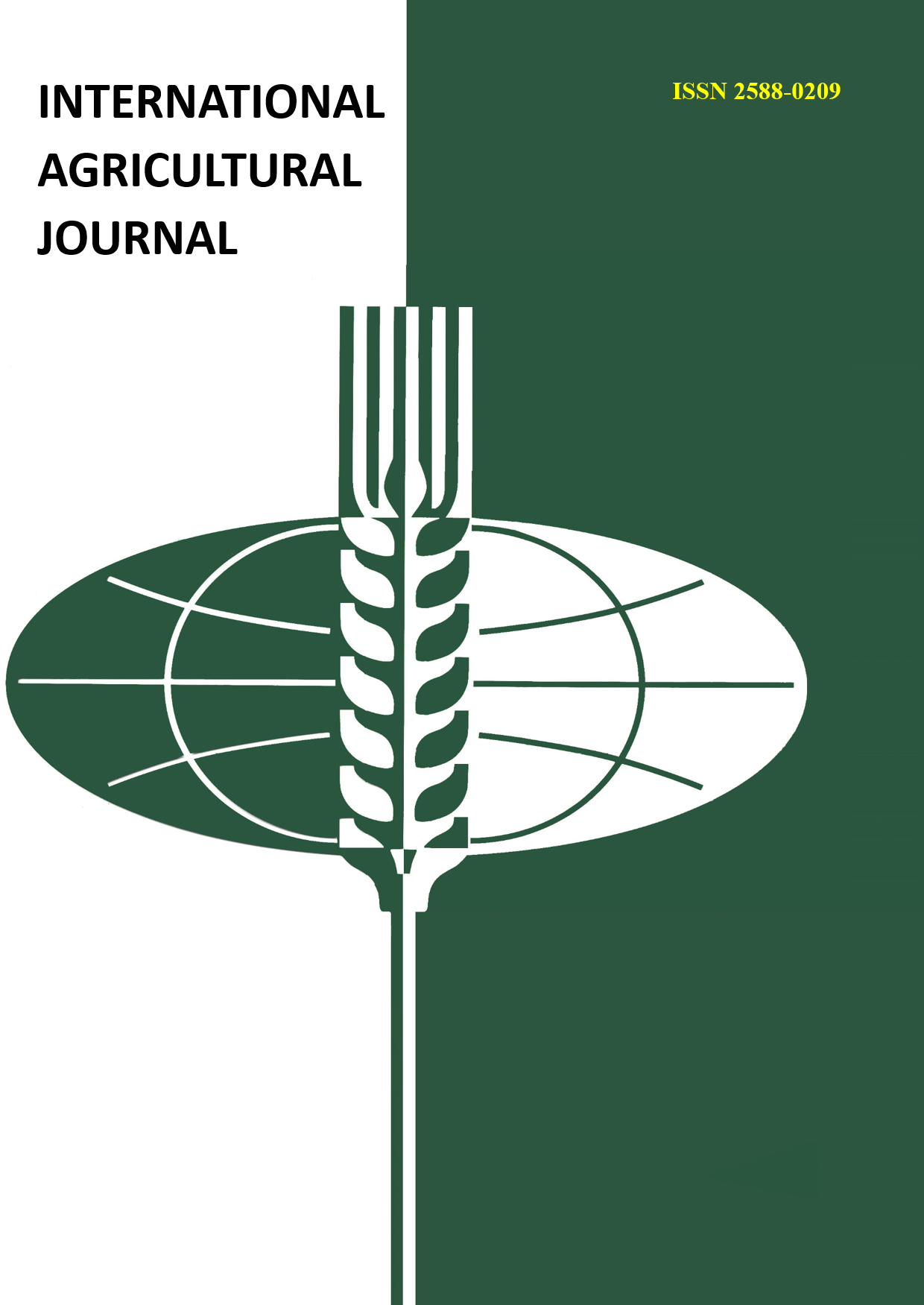The article discusses the Arctic Кnyazhenika (Rubusarcticus L.) is a perennial low-growing berry shrub of the Rosaceae family (RosaceaeLuss.) 20-30 cm tall with creeping rhizomes. The fruits are natural and preprocessed form. The lack of research determines the relevance of studying the survival of varieties, the identification and introduction into culture of promising garden varieties of knyazheniki, which have complex resistance to biotic and abiotic environmental factors, yield and nutritional value, including to the cryolithozone, characterized by harsh conditions. The aim was to study the features of reproduction of garden varieties of knyazhenika in vitro. Methods: literature studying, selection of varieties, experimental research, comparison. The study of the survival of varieties was carried out, promising garden varieties of knyazheniki were identified, which have complex resistance to biotic and abiotic environmental factors, yield and nutritional value. The method of preparation of culture medium for cultivation according to the Russian patent of 2012 according to IPC C12N5/04 was applied. The Escape with kidneys is used. The total number of leaves shows the explant's ability to self-photosynthesis. A good root system promotes the independent absorption of water with nutrients while adapting the resulting seedlings to a permanent planting site. The survival rate of Princess Anna is 42%, Elpe 17%, Astra 25%. Conclusions: the selected varieties can be propagated in vitro; the Knyazheniki Astra variety has the highest survival rate – 28%; an effective way to obtain high-quality planting material is reproduction using biotechnologies on the Murashige and Skuga nutrient medium with the addition of root formation regulators and AUK.
knyazhenika arkticheskaya, kriolitozona, biotehnologiya, pitatel'naya sreda, prizhivaemost'














